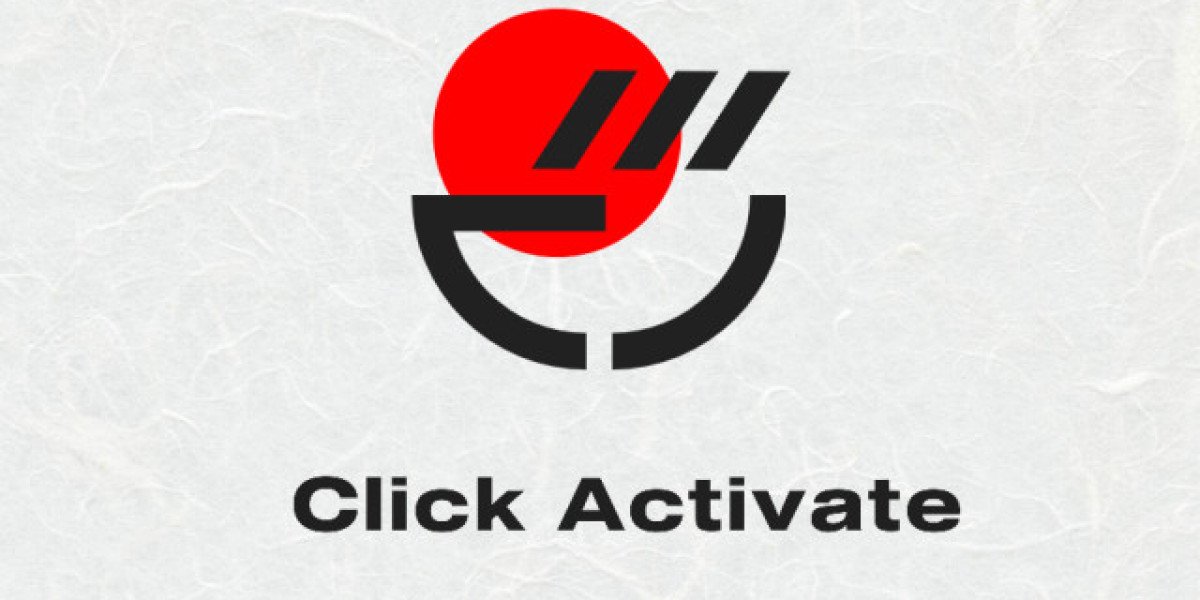Intravenous (IV) drip therapy has become a popular method for delivering fluids, medications, and nutrients directly into the bloodstream. This therapy is often used for various reasons, such as rehydration after illness, post-operative care, or even wellness treatments like vitamin infusions. In Islamabad, many clinics, including the renowned Royal Cosmetic Surgery Clinic, offer this service as part of their health and wellness programs. While receiving IV drip therapy, patients may wonder about their dietary options and whether it is safe to consume food during the treatment.
Understanding IV Drip Therapy
IV drip therapy is designed to provide essential nutrients and fluids quickly and efficiently. The therapy bypasses the digestive system, delivering hydration and medications directly to the bloodstream, which can lead to faster results compared to oral intake. This is particularly beneficial for patients who are dehydrated, cannot keep food down, or require immediate medical attention. The components of an IV drip can vary widely, including saline solutions, vitamins, minerals, and electrolytes, tailored to meet the patient's specific needs.
Eating While on IV Drip Therapy: What You Need to Know
The question of whether patients can eat food while on drips is nuanced. Generally, it is safe to eat while receiving IV drip therapy, provided that certain conditions are met. However, it is essential to consider the following factors:
Type of IV Therapy: The type of IV therapy being administered can influence whether eating is advisable. For example, if the IV is delivering medications that can irritate the stomach, it might be best to wait until the treatment is complete. Discussing dietary options with your healthcare provider is crucial to ensure that your therapy is not compromised.
Patient Condition: Individual health conditions play a significant role. For patients recovering from surgery or experiencing nausea, eating might be uncomfortable or not recommended. In such cases, it’s best to follow your healthcare provider’s guidance.
Timing: The timing of your meals can also matter. If the IV drip is meant to provide hydration or nutrients that replace food intake, you may want to time your meals accordingly. Eating small, easily digestible foods may be a good option if you are allowed to eat.
Hydration Needs: When receiving IV therapy, patients are often already receiving fluids. Therefore, consuming additional liquids should be approached with caution to avoid overhydration.
Nutritional Balance: If you are allowed to eat while on IV drips, aim for nutritious, easily digestible foods. Foods high in nutrients, such as fruits, vegetables, and lean proteins, can complement the therapy and help with recovery.
Consultation with Healthcare Providers: Always consult with healthcare providers about dietary restrictions or recommendations during IV therapy. They can provide personalized advice based on your medical history and treatment goals.
Benefits of Combining Food with IV Therapy
In some cases, combining food with IV therapy can enhance the overall effectiveness of treatment. Consuming nutritious foods alongside IV fluids can help restore energy levels, support immune function, and promote faster recovery. Additionally, if the IV drip is being used to supplement nutrition (such as in patients with malnutrition), eating can provide a more well-rounded approach to healing.
Conclusion
In summary, while it is generally safe to eat food while on IV drip therapy, the specifics depend on individual health circumstances, the type of treatment being administered, and medical advice. If you’re considering IV drip therapy in Islamabad, it’s essential to consult with healthcare professionals to determine the best approach for your unique needs. Clinics like the Royal Cosmetic Surgery Clinic offer expert guidance and personalized treatment plans to ensure optimal outcomes.
As always, prioritize open communication with your healthcare providers regarding your dietary options during IV therapy, as this can significantly impact your recovery and overall well-being.







